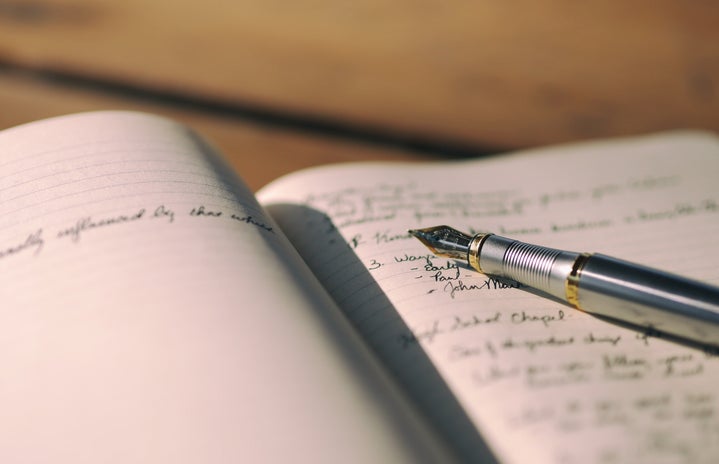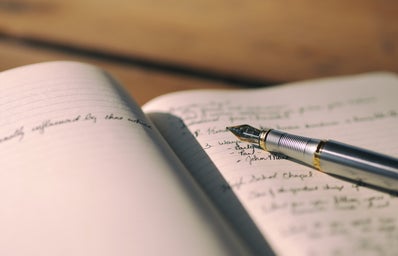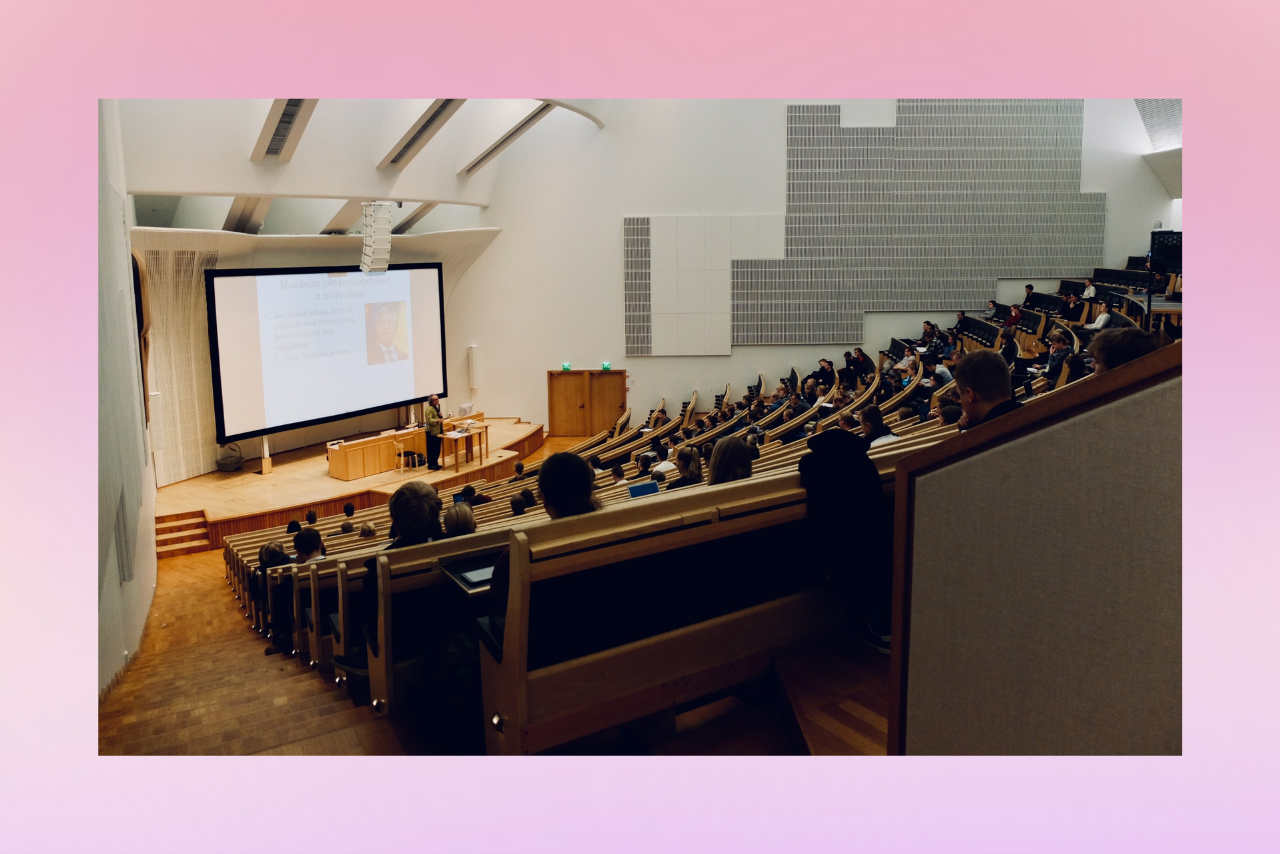In the ever-evolving landscape of academia, mastering the art of note-taking is crucial for enhancing both retention and recall. While it may seem straightforward, effective note-taking can significantly impact your academic success and personal productivity. Here’s a guide to help you refine your note-taking skills and make the most out of your study sessions.
1. Choose the Right Method
Different methods cater to different learning styles. Here are a few popular ones:
- The Cornell Method: This system divides your page into three sections: notes, cues, and summary. During lectures, jot down key points in the largest section. Afterward, write down cues or questions in the left-hand margin and a summary at the bottom. This method enhances comprehension and helps with review sessions.
- The Outline Method: This involves organizing information hierarchically. Start with the main topics, then add subtopics and details. It’s useful for subjects where information is structured logically and helps in visualizing the relationships between concepts.
- The Mapping Method: This visual technique involves creating a diagram that maps out the information. It’s particularly useful for subjects requiring an understanding of the connections between ideas. Mind maps help in visually organizing information, making it easier to recall.
- The Charting Method: This technique is useful for subjects with a lot of comparative information. Create tables or charts to categorize data, making it easier to compare and contrast information.
2. Be Selective and Concise
Effective note-taking is not about transcribing every word but capturing the essence. Focus on key points, main ideas, and significant details. Use abbreviations and symbols to speed up your writing. For instance, “w/” for “with” or “e.g.” for “example” can save time and keep your notes clear and manageable.
3. Engage Actively
Active engagement during lectures or readings is crucial. Instead of passively recording information, try to understand and interpret it as you write. Ask questions, make connections to previous knowledge, and think critically about the material. This approach not only improves comprehension but also aids in memory retention.
4. Review and Revise Regularly
Revisiting your notes soon after the lecture helps reinforce what you’ve learned. Take time to review and revise your notes weekly. This process allows you to fill in gaps, clarify points, and consolidate your understanding. Active recall—testing yourself on the material—can be particularly effective during review sessions.
5. Utilize Technology Wisely
While traditional pen-and-paper methods are effective, digital tools offer additional advantages. Note-taking apps like Evernote, OneNote, or Notion provide organizational features, search functions, and easy sharing options. Experiment with different tools to find what best suits your needs and enhances your note-taking efficiency.
6. Incorporate Visual Aids
Visual elements can significantly enhance your notes. Use diagrams, charts, and drawings to represent complex information visually. These aids help in understanding and remembering details that might be difficult to grasp through text alone.
7. Stay Organized
Keep your notes well-organized to ensure easy retrieval and review. Use notebooks or digital folders to categorize notes by subject or topic. Consistent formatting and labelling will save you time and help maintain clarity.
8. Practice Good Note-Taking Habits
Develop a consistent note-taking routine. Come to class or study sessions prepared with the necessary materials. Focus on staying engaged and avoid distractions to maximize the quality of your notes.
By implementing these techniques, you can transform your note-taking from a routine task into a powerful tool for academic success. Remember, effective note-taking is a skill that improves with practice and reflection. Tailor these strategies to fit your learning style and needs, and watch as your retention and recall abilities soar.




